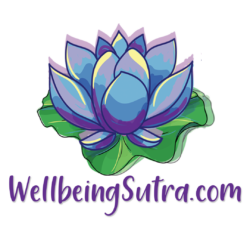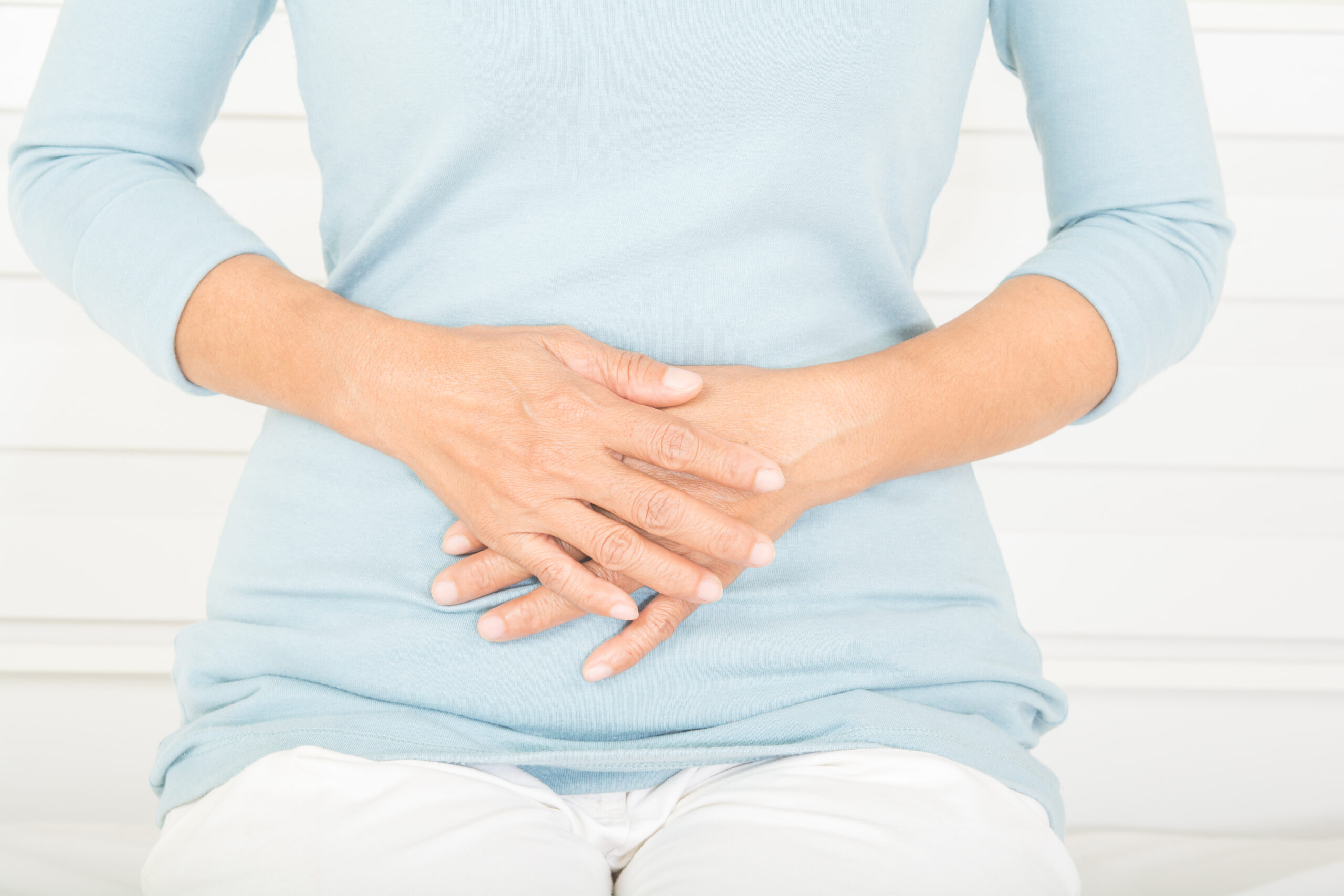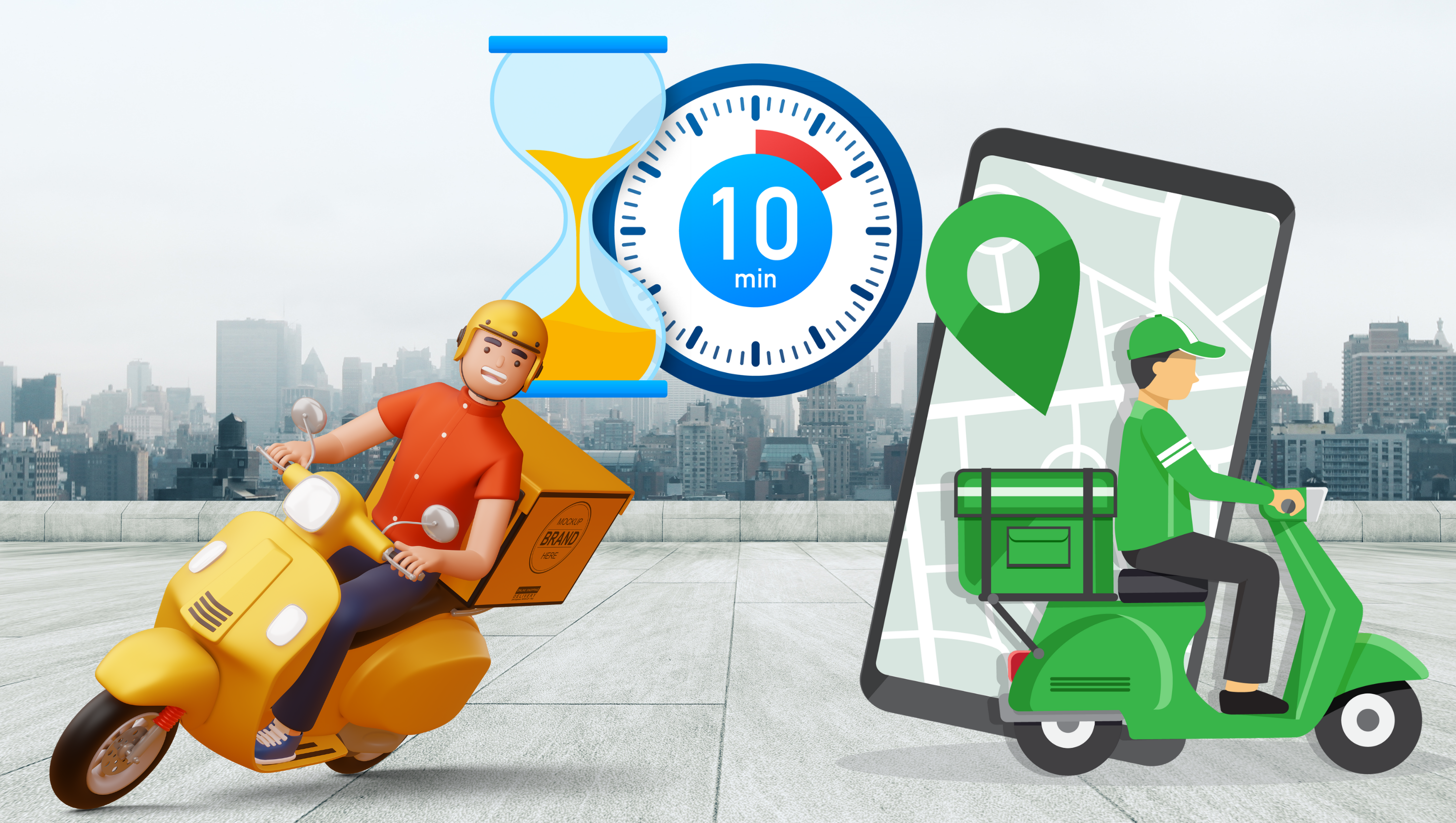Menopause is when a women’s menstrual cycle comes to a halt and marks the end of the reproductive cycle. It usually happens when she steps between the age group of 40 to 50. Menopause is diagnosed when a woman had gone a year without having menstrual periods.
The period in which your body naturally goes in the menopausal transition is called perimenopause. It means that your menopause is near around. It usually starts with irregular periods, and it might stop completely in nearly four years. During this period, you could have various issues like:
- Breast tenderness
- Vaginal dryness
- Irritation
- Tiredness
- Irregular periods, etc.
During perimenopause, skipping and irregular periods is regular. Sometimes, the menstrual period won’t come for months and then return or could come in a shorter cycle. However, if you are not sure that whether it is due to menopause or not, consult a gynecologist.
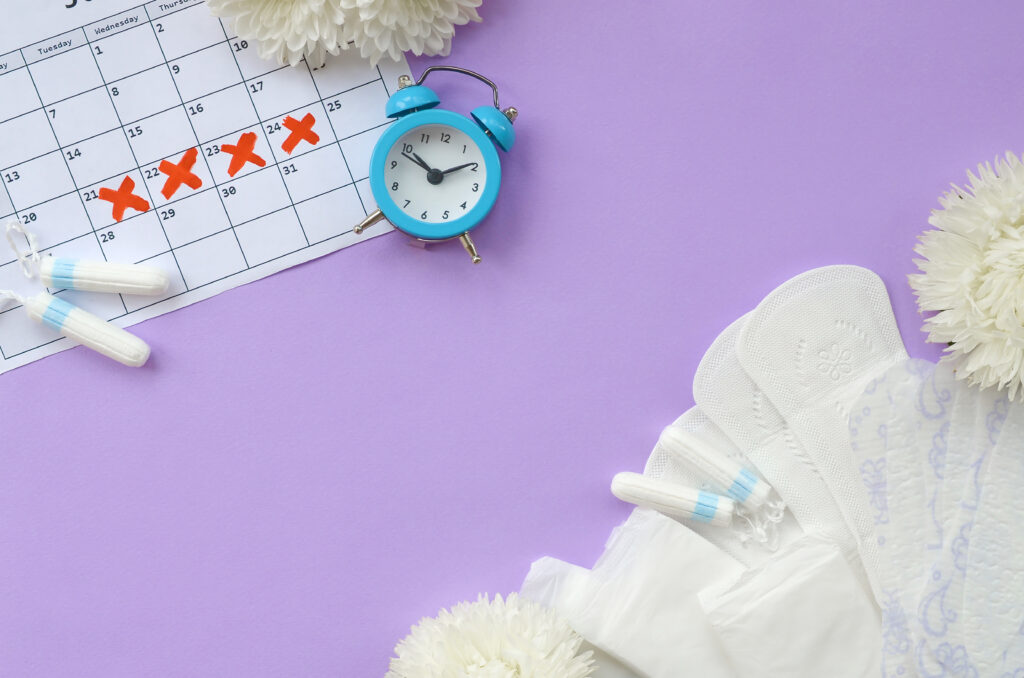
Once you have gone 12 months without having a menstrual period, your menopause period will be over, and you enter the post-menopause stage. In between this period, it is imperative to keep a check on your health.
To avoid the symptoms and pain during perimenopause, you should make some lifestyle changes to overcome this phase with ease:
- Take a healthy diet
Eating lots of fruit, vegetables, and protein-rich food can help avoid various symptoms. It will help maintain weight, keep your bones healthy, and help prevent heart problems, as its risk increases after menopause.

- Exercise daily
Physical exercise can keep you fit and healthy and helps avoid various diseases like diabetes, obesity, etc. A study has found that physical activity can improve the quality of life of women after menopause.
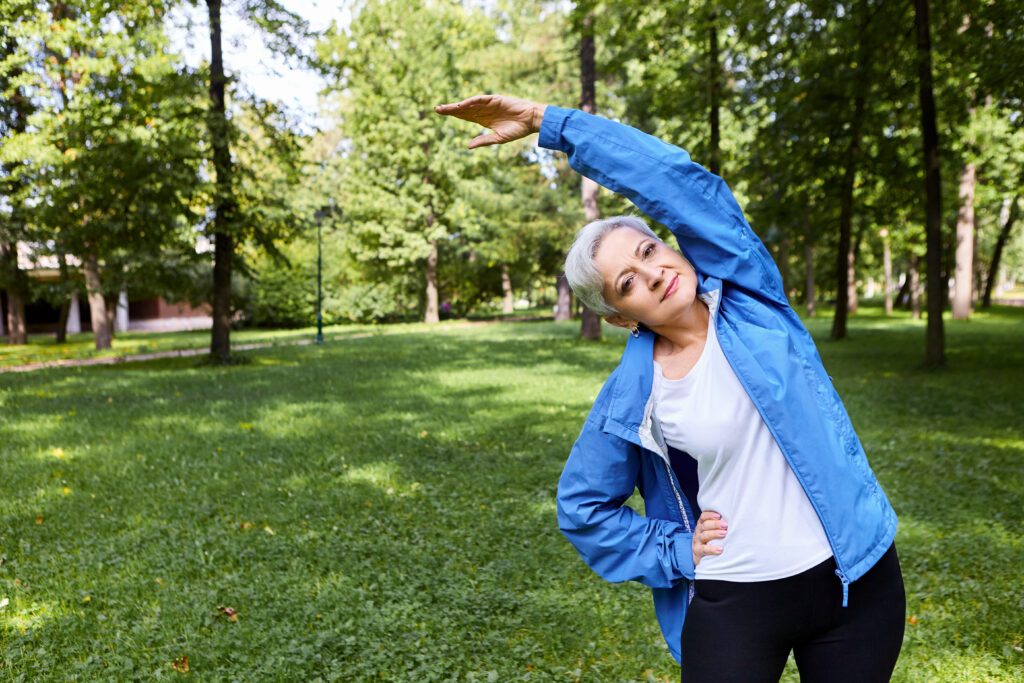
- Drink plenty of Water
Due to a decrease in estrogen level, dryness problem is common during menopause. To avoid this, you should drink a minimum of 8 to 12 glasses of water every day. It not only helps in preventing dryness but also reduces bloating.
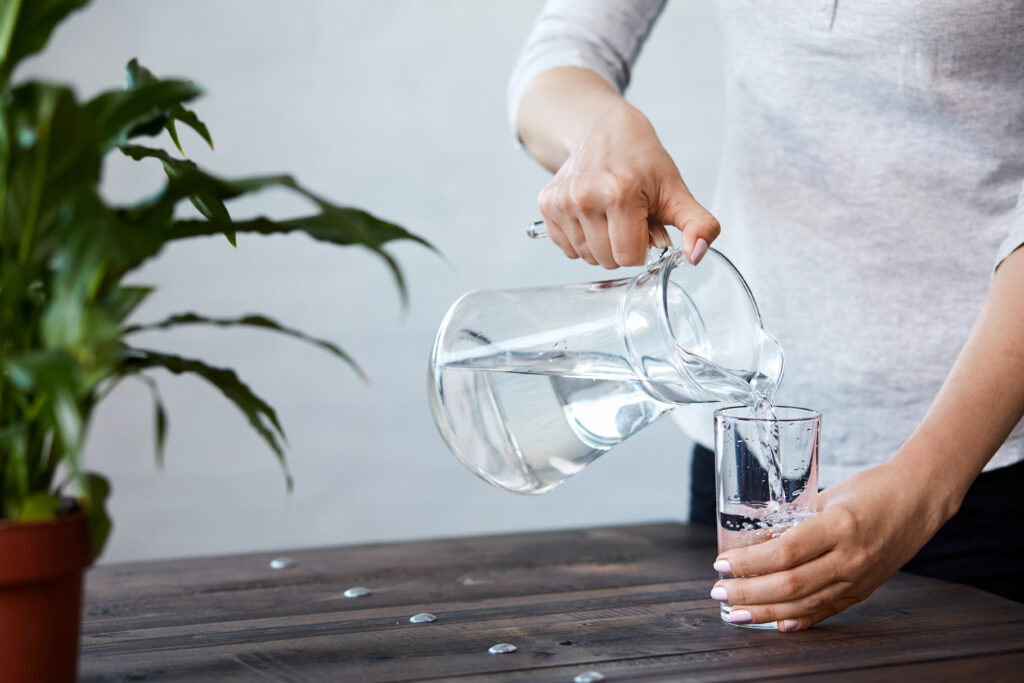
- Consult Doctor
Always keep in mind that before taking any type of medicine to ease the pain and trying any home remedy to avoid the above symptoms, consult the doctor because there could chances that these remedies might have adverse side effects on your body.

- Avoid Triggering Food
Triggering food include caffeine, spicy food, alcohol, sugar, etc. Consuming these items can sometimes cause hot flashes, night sweats, etc. Keep a check while eating, which item triggers menopause symptoms. Try to minimize their consumption or avoid it altogether, if possible.

Menopause is a natural part of every women’s life and not any illness. The symptoms of menopause can be slightly challenging to deal with, but if you keep yourself healthy and fit, you could deal with it without any problem or avoid facing these problems.
